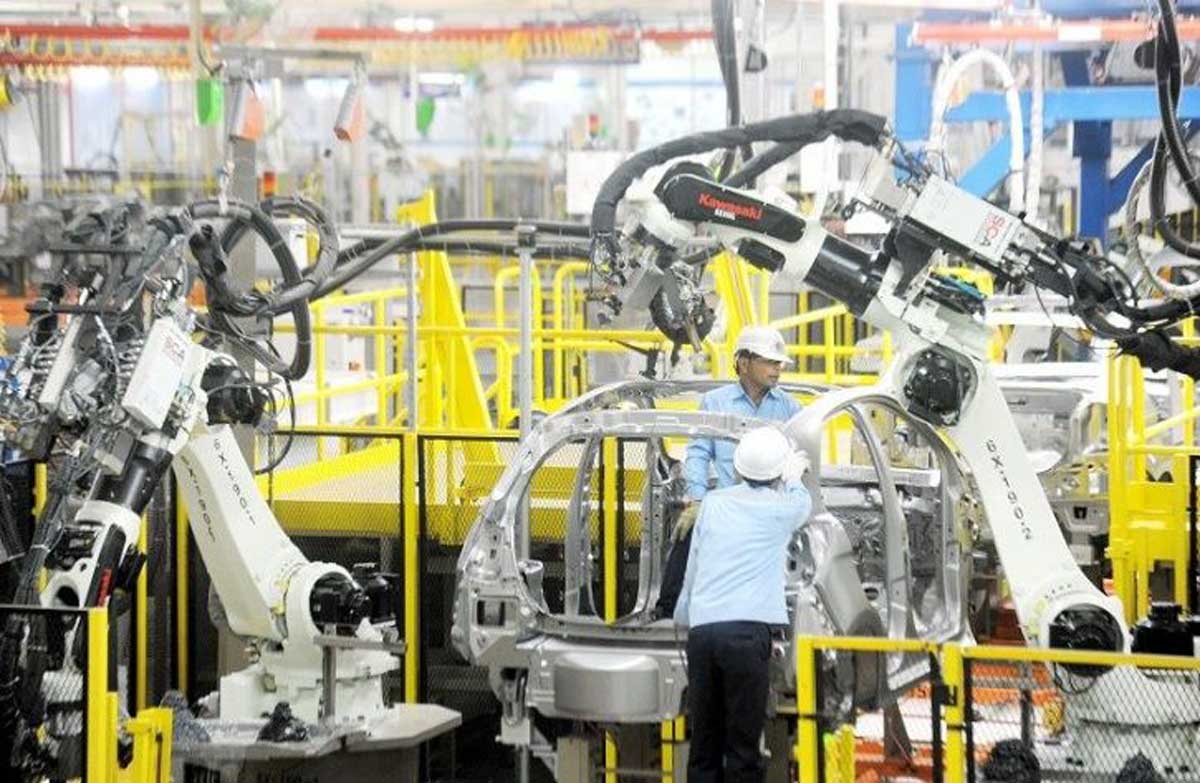CBRE South Asia, India’s leading real estate consulting firm, announced the findings of its report, ‘Electric Vehicles in India – New Wheels on the Roads’. The report focuses on the trends, growth, and influence of electric vehicles (EVs) on the real estate sector in India.
According to the report, state governments are implementing several policy measures to encourage the establishment of a domestic EV manufacturing ecosystem, incentivising investments from both global and domestic players. On a pan-India basis, total cumulative investment in EVs during the 2020-H1 2023 stood at $28.8 billion. Maharashtra and Tamil Nadu emerged as leaders in EV investments, each capturing a 15 per cent share – equivalent to $4.3 billion. Further, Karnataka captured an 11 per cent share, amounting to investments worth $3.2 billion; Gujarat attracted $2.3 billion with an 8 per cent share of the total cumulative investment, while Uttar Pradesh and Telangana had a 7 per cent share each.
Key investment announcements in the EV sector witnessed in Q1 2023 are mentioned below:
Maharashtra - Gogoro Belrise Industries announced an investment of about $2.5 billion for charging infrastructure manufacturing facility
Tamil Nadu - Ola Electric announced an investment of about $0.9 billion for a battery manufacturing facility
Uttar Pradesh - Tauschen E-mobility an announced investment of about $0.2 billion for an EV manufacturing facility
The report also mentioned that Maharashtra and Uttar Pradesh dominated investment announcements in the charging infrastructure manufacturing sector. Karnataka and Tamil Nadu collectively led planned investments related to research and development (R&D) activities for EVs. Karnataka, Maharashtra and Madhya Pradesh captured the highest share in EV equipment manufacturing investment announcements. Tamil Nadu, Maharashtra, and Haryana led EV manufacturing investments. A significant chunk of battery manufacturing investments were made in Karnataka, Tamil Nadu, and Telangana. Uttar Pradesh held the highest share in investments planned for EV fleet as service operations (EFaS).
According to the report, real estate requirement for manufacturing facilities of 4-Wheeler and 2-Wheeler (4W & 3W) EVs is estimated to be approximately 13 million sq ft by 2030 as a result of the government's EV adoption targets. In addition, EV battery manufacturing facilities would also increase exponentially and require 2,400 acres of land to accommodate the production of 200 GWh of batteries by 2030. As per the report’s estimates, by 2030, this real estate requirement will allow a production capacity of approximately 4 million units of 4Ws and 23 million units of 2Ws. Built-to-suit (BTS) and leased facilities are largely preferred by EV manufacturers at present in India due to ease of capital deployment, flexibility in lease terms, speed to market and location advantages. However, an owned facility provides more scope for customization, save monthly rental outgoings, and has better prospects for land price appreciation.
In the current year, the EV sector has recorded investment announcements of about $6.2 billion to date. The year 2022 witnessed strong traction, with global and domestic players announcing investments of over $17.1 billion in the EV industry, a Y-o-Y increase of about 287 per cent compared to $4.43 billion in 2021. In the same period, half of the investments were driven by EV component manufacturers.
EV manufacturers and multiple e-mobility start-ups are concentrating their presence in primary automotive clusters in India. Uttar Pradesh took the lead in registered EV annual sales in 2022 with a 16 per cent share, closely followed by Maharashtra with a 13 per cent share and Karnataka with a 9 per cent share. These three states together dominated India's EV sales in 2022, accounting for approximately 40 per cent of the overall sales volume.
The Indian EV market is expected to grow at a Compounded Annual Growth Rate (CAGR) of about 49 per cent between 2021 - 2030 and cross annual sales of 17 million units by 2030.
Anshuman Magazine, Chairman & CEO - India, South-East Asia, Middle East & Africa, CBRE, said, "As we look ahead, the intersection of real estate and the EV sector presents exciting opportunities and challenges. The rapid growth in EV manufacturing is set to revolutionize the automotive industry, and it will undoubtedly have a profound impact on the real estate market.”
“By 2030, we anticipate a surge in demand for real estate, with a requirement of approximately 13 mn sq ft dedicated to EV manufacturing facilities alone. The cumulative investment value in EVs over the last three years demonstrates the immense financial commitment and confidence placed in this sector. This investment not only signifies the financial potential of EVs but also underscores the transformative power they hold in shaping the future of mobility.”
Ram Chandnani, Managing Director, Advisory & Transactions Services, CBRE India, said, “The future of the EV industry is bright, and real estate will play a pivotal role in shaping its trajectory. As demand for EV manufacturing facilities, charging infrastructure, and associated services expands, the real estate sector will need to adapt and provide the necessary infrastructure and spaces to accommodate this growth.”
“At CBRE, we are committed to supporting the evolution of the EV sector and working closely with industry stakeholders to identify and address the real estate needs of this rapidly developing market. By leveraging our expertise and resources, we aim to facilitate the seamless integration of the EV ecosystem into the broader real estate landscape, fostering sustainable growth and innovation.”





















